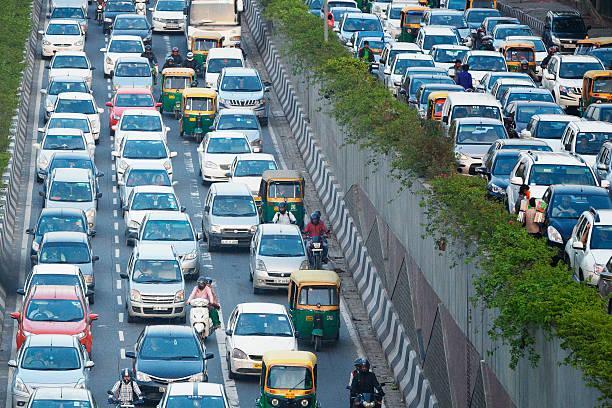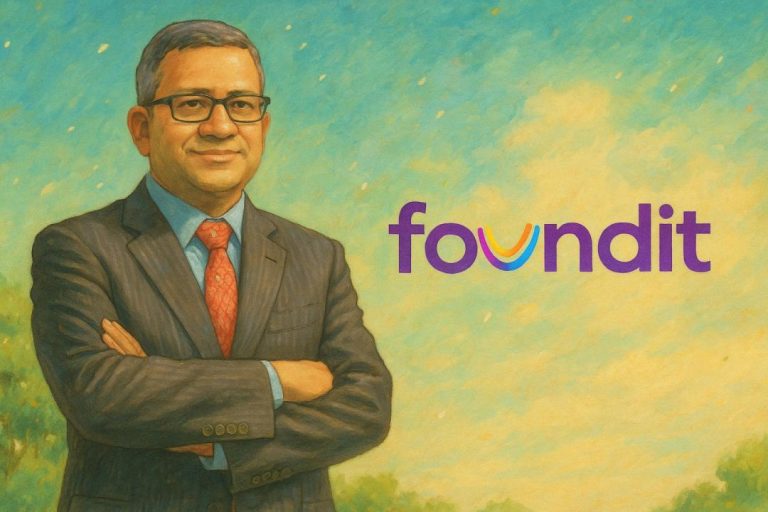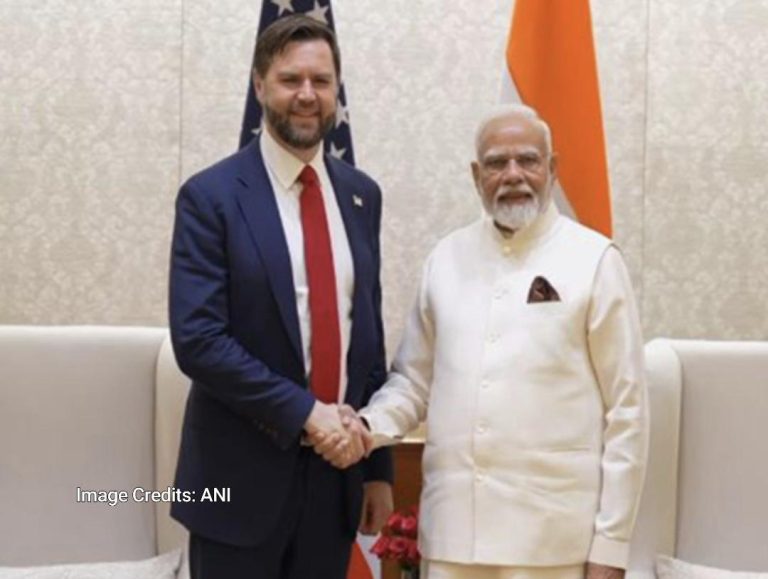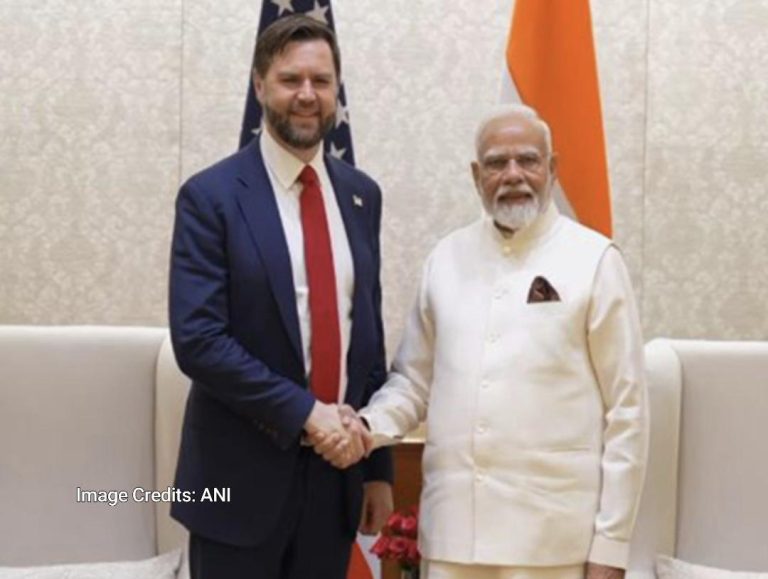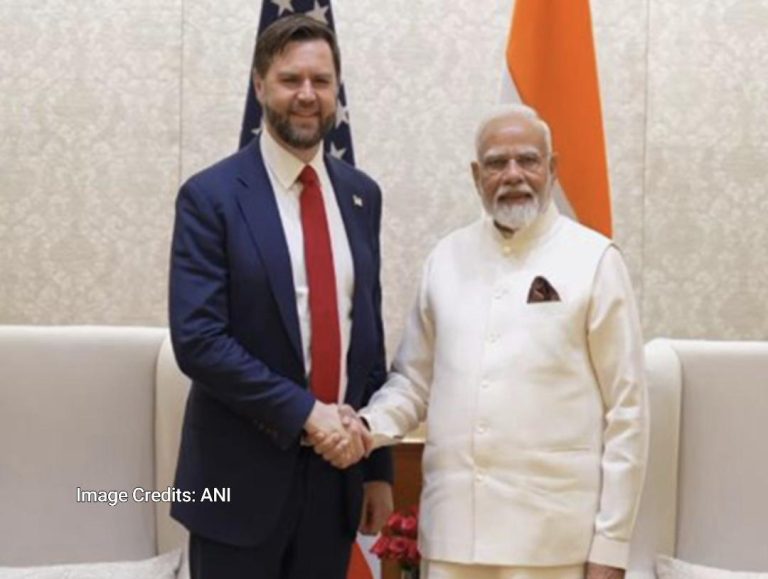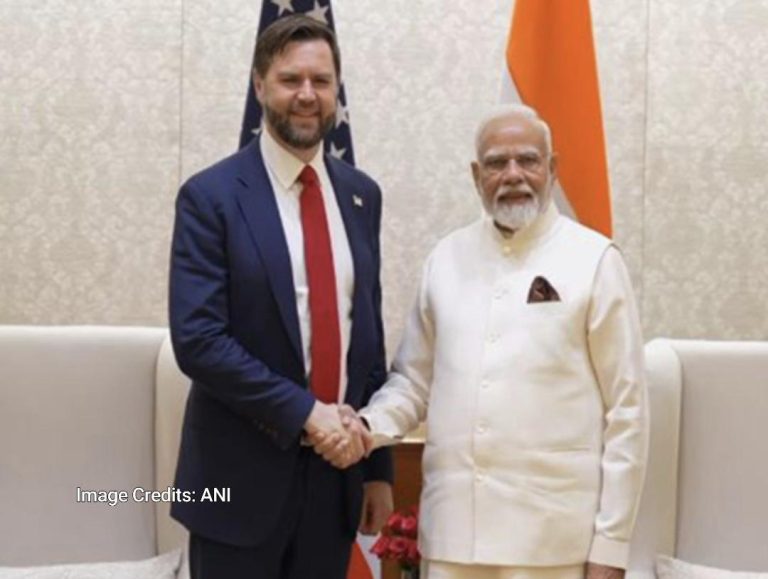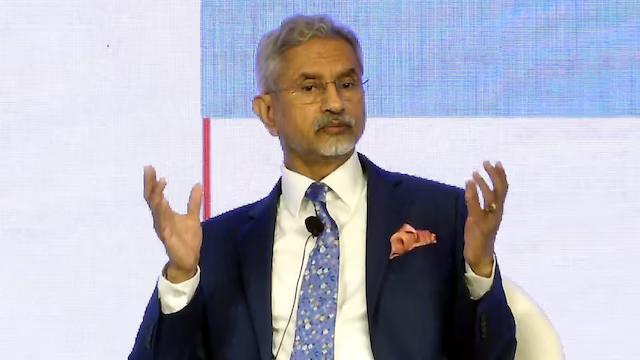
India among few nations to engage both Russia, Ukraine: Jaishankar
In today’s rapidly changing global landscape, nations are often forced to take sides and align themselves with one particular power bloc or the other. However, India has carved out a unique position for itself by simultaneously engaging with multiple nations, including Russia and Ukraine, Israel and Iran, and being part of both the BRICS and the QUAD.
This was revealed by External Affairs Minister S Jaishankar in a recent statement, where he emphasized that India is one of the few nations that can navigate this complex web of relationships and alliances. He made these comments while discussing the current “polarized era” that the world is facing, where nations are increasingly being forced to choose between different power centers.
Jaishankar’s remarks come at a time when the world is witnessing a significant shift in the global balance of power. The ongoing conflict between Russia and Ukraine, as well as the tensions between the West and China, have created a new era of bipolarity, where nations are being forced to take sides. However, India has managed to maintain a delicate balance between its relationships with various nations, and Jaishankar’s statement highlights the country’s ability to engage with multiple power centers simultaneously.
One of the key factors behind India’s ability to navigate this complex web of relationships is its independent foreign policy. Unlike many other countries, India has not been tied down to any particular alliance or power bloc, and has instead chosen to maintain good relations with multiple nations. This has allowed India to engage with both Russia and Ukraine, for instance, despite the ongoing conflict between the two nations.
India’s relationships with Russia and Ukraine are a case in point. While India has traditionally been close to Russia, it has also been seeking to strengthen its ties with Ukraine in recent years. In fact, India has been one of the few countries to maintain good relations with both Russia and Ukraine, and has been actively engaging with both nations to promote bilateral ties.
Similarly, India’s relationships with Israel and Iran are another example of the country’s ability to engage with multiple nations simultaneously. While India has traditionally been close to Iran, it has also been strengthening its ties with Israel in recent years. In fact, India and Israel have been engaging in a range of bilateral exchanges, including in the areas of trade, defense, and technology.
India’s ability to engage with multiple nations simultaneously is also reflected in its memberships of various international organizations. The country is a member of the BRICS (Brazil, Russia, India, China, and South Africa) grouping, which brings together some of the world’s largest economies. At the same time, India is also a member of the QUAD (Australia, India, Japan, and the United States), which is a grouping of democratic nations.
Jaishankar’s statement highlights the importance of India’s ability to engage with multiple nations simultaneously. By pulling together different dimensions of its strengths and attractions, India can actually credibly present itself as a major player on the global stage. This is particularly important in today’s rapidly changing global landscape, where nations are increasingly being forced to adapt to new realities.
In conclusion, India’s ability to engage with multiple nations simultaneously is a significant achievement, and reflects the country’s independent foreign policy and its ability to navigate complex relationships. Jaishankar’s statement highlights the importance of this ability, and suggests that India is well-positioned to play a major role on the global stage in the years to come.
